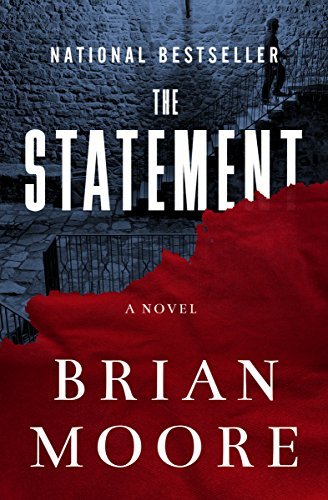What do you think?
Rate this book


258 pages, Kindle Edition
First published September 4, 1995
"I don't think novels do change the world."
If the true writer is an outsider, few have perfected this role as subtly as Brian Moore, whose finest work was always marked by his surest personal qualities: intelligence, curiosity and an abiding sense of justice. - extract from an article by Eileen Battersby, Irish Times